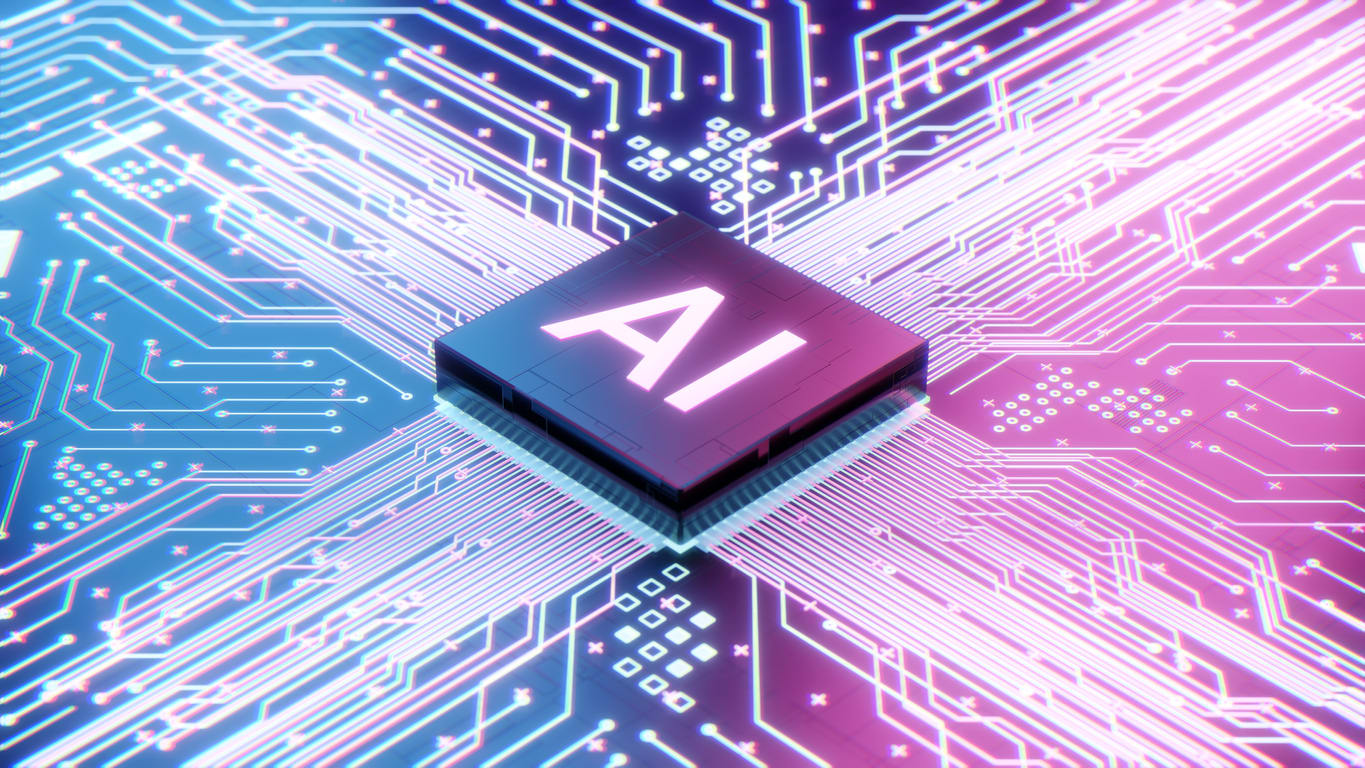By: Muhammad Musa Butt

The creative landscape is being disrupted by artificial intelligence (AI), which is changing how we create, consume, and envision art in a variety of media. Fundamentally, AI in creativity uses enormous databases and sophisticated algorithms to simulate human cognitive processes, allowing robots to recognize patterns, come up with ideas, and create original material. AI-powered technologies such as deep neural networks have the ability to produce visually stunning paintings, sculptures, and digital designs that can compete with the works of human artists in the visual arts. These artificial intelligence (AI)-generated artworks frequently push the limits of imagination and question accepted aesthetics by fusing realism with surrealism.
AI is also being used more and more in music production, where computers are able to sift through enormous databases of musical data and produce rhythms, harmonies, and melodies that appeal to listeners. AI systems and artists have worked together on inventive compositions that blend classic genres with avant-garde sounds, demonstrating how technology may spur the creation of new musical expressions.
Natural language processing (NLP) methods enable artificial intelligence (AI) to create engrossing stories, poetry, and even complete novels. Through extensive text analysis, artificial intelligence (AI) can create compelling narratives, flesh out characters, and arouse readers’ emotions—thus obfuscating the distinction between human and machine authorship. These artificial intelligence (AI)-generated stories frequently tackle issues and narratives that go against social standards, providing new insights on ageless human experiences.
AI in creativity not only makes artistic production more efficient, but it also makes the creative process more accessible to a wider audience. Without requiring a lot of experience or technical know-how, budding musicians, authors, and artists can explore new concepts, hone their skills, and let their imaginations run wild with AI-powered tools. Moreover, AI-powered literature, music, and artwork have the power to cut across linguistic and cultural barriers and promote appreciation and communication across cultural boundaries.
But the emergence of AI in creativity also brings up significant philosophical and ethical issues about authorship, authenticity, and the place of human creativity in an increasingly mechanized society. It is vital to think about the ramifications for artistic integrity, intellectual property rights, and the value of human craftsmanship as AI systems get better at mimicking and improving upon human creative processes. Nonetheless, artists and viewers alike stand to gain from a rich tapestry of avant-garde and provocative artistic experiences by embracing AI as a tool for cooperation and exploration.


